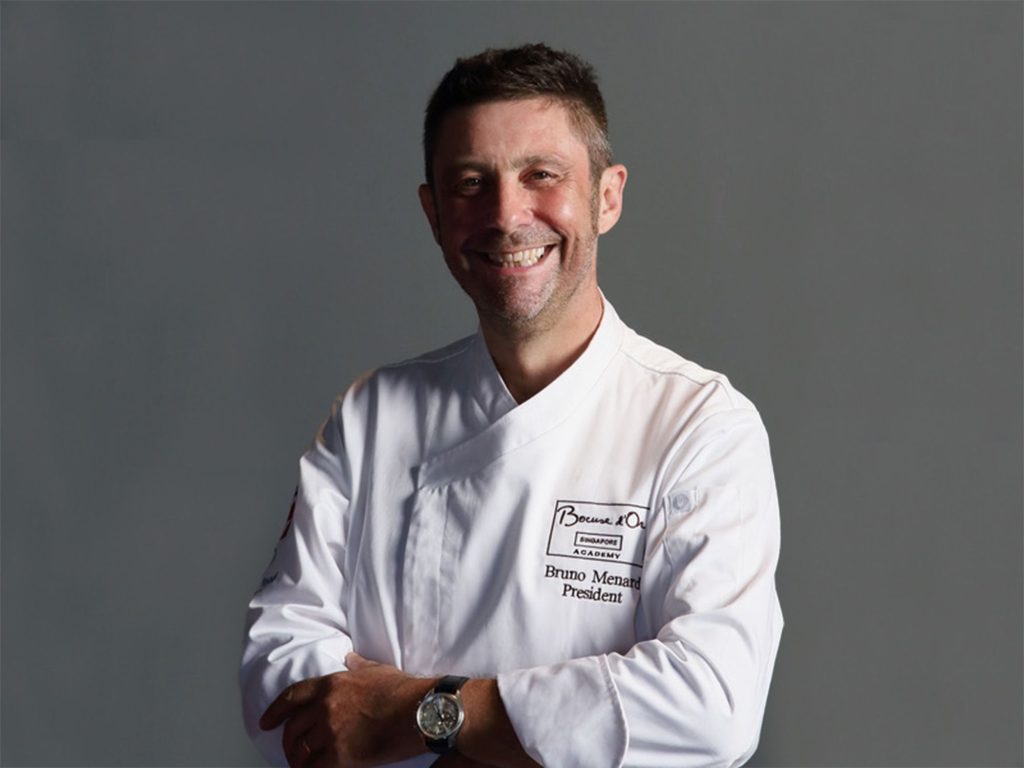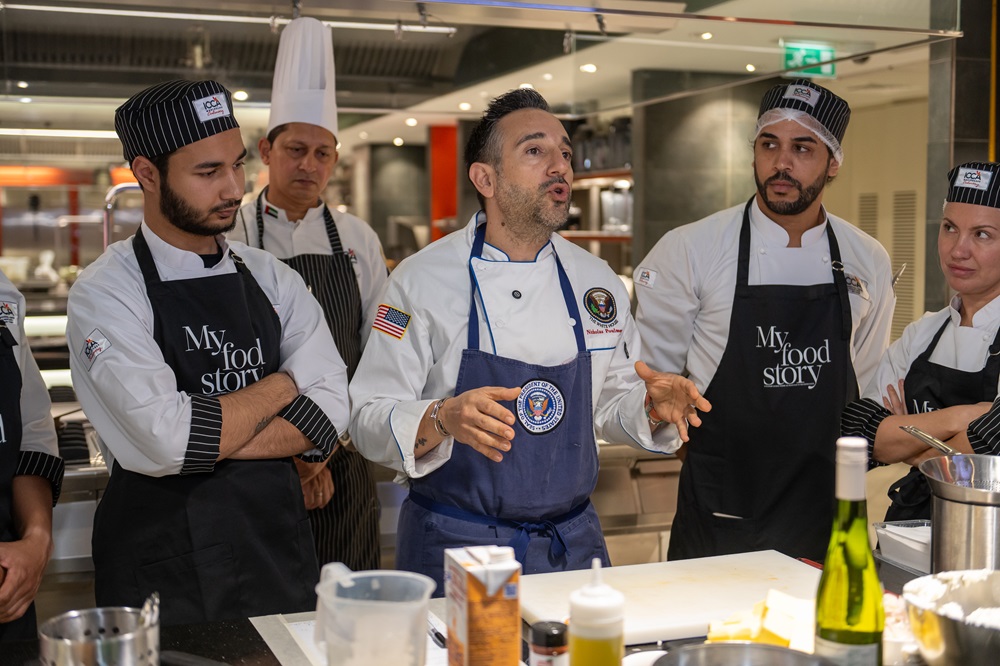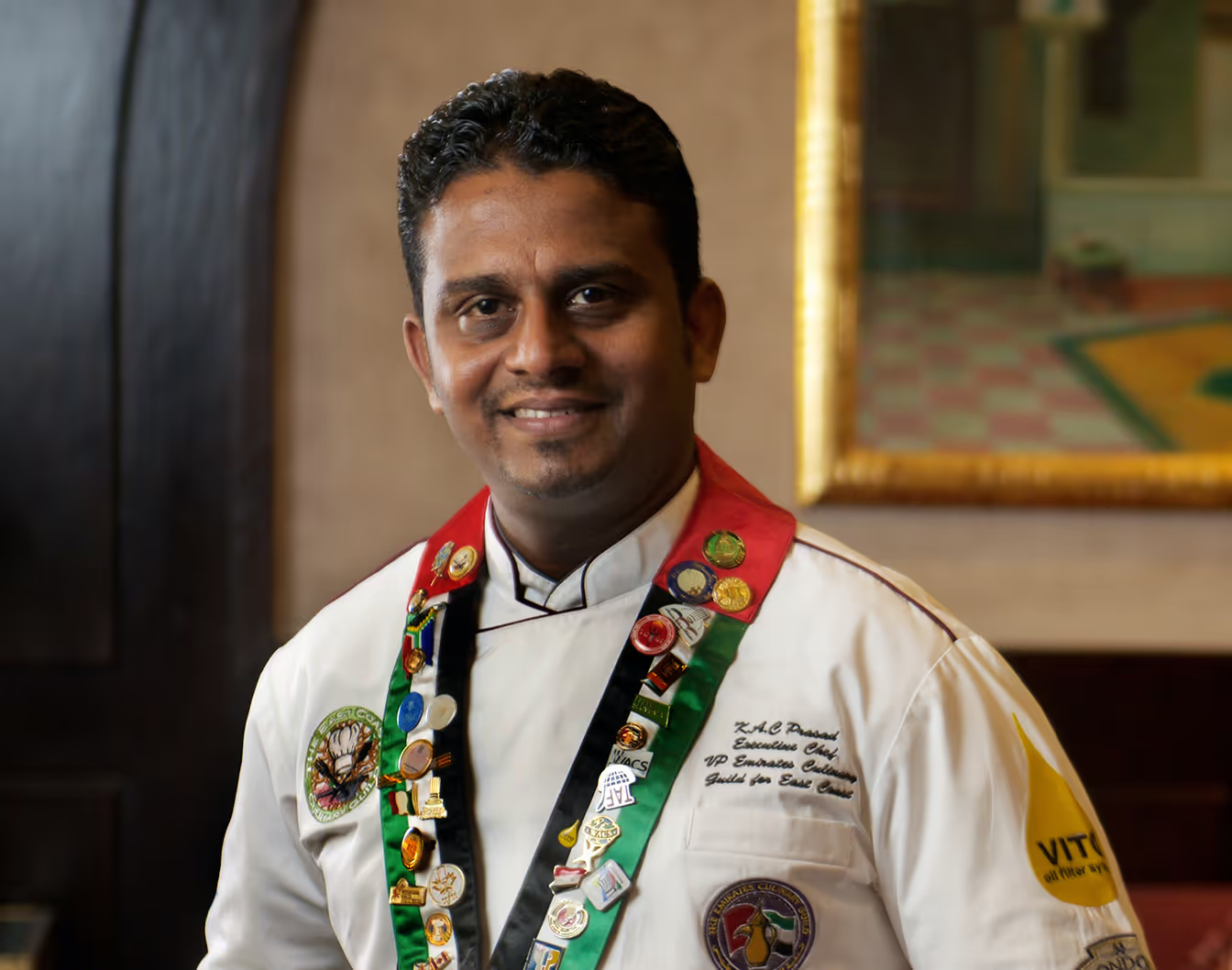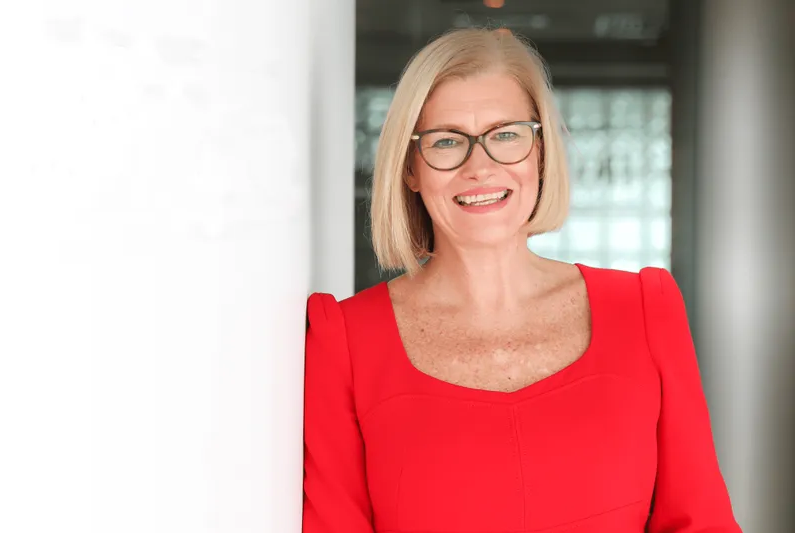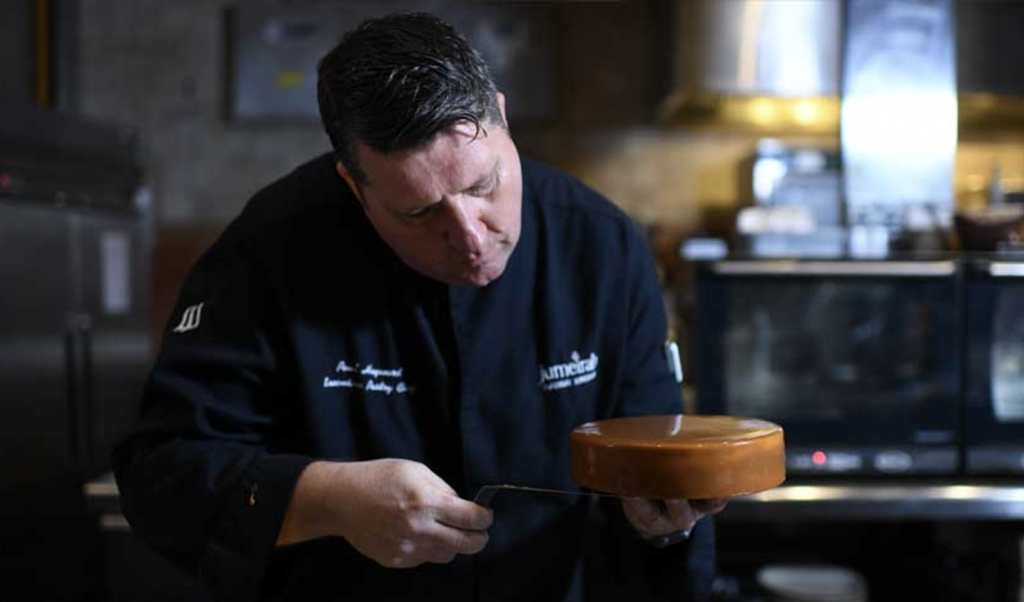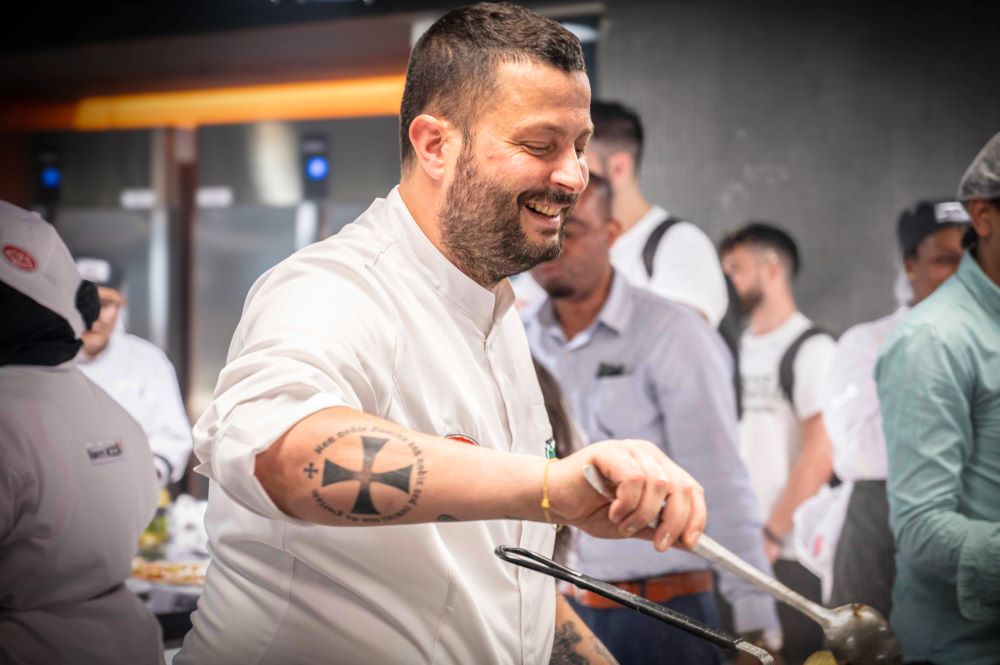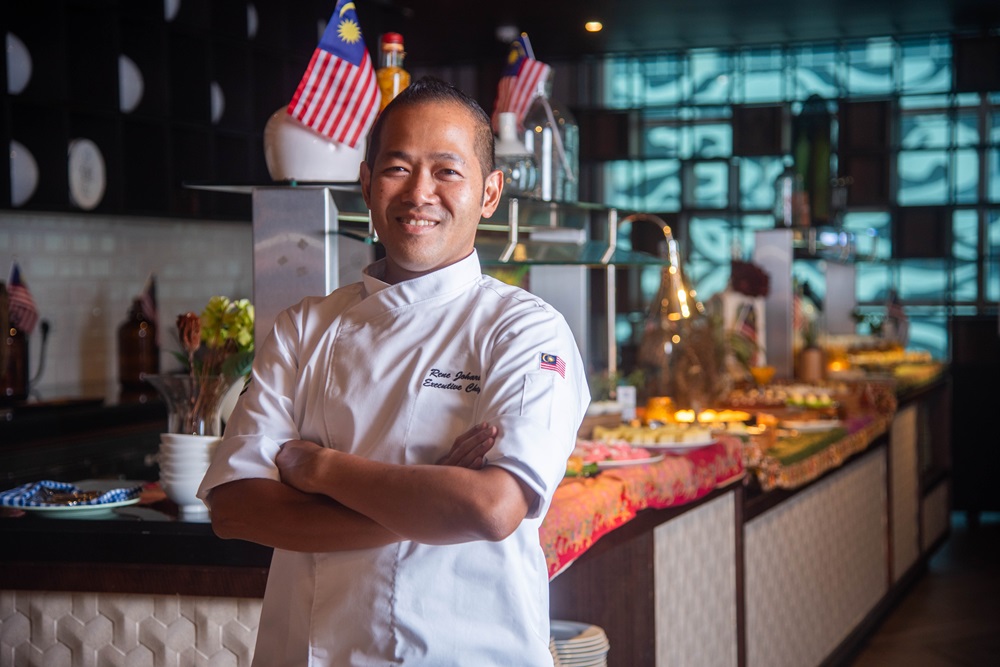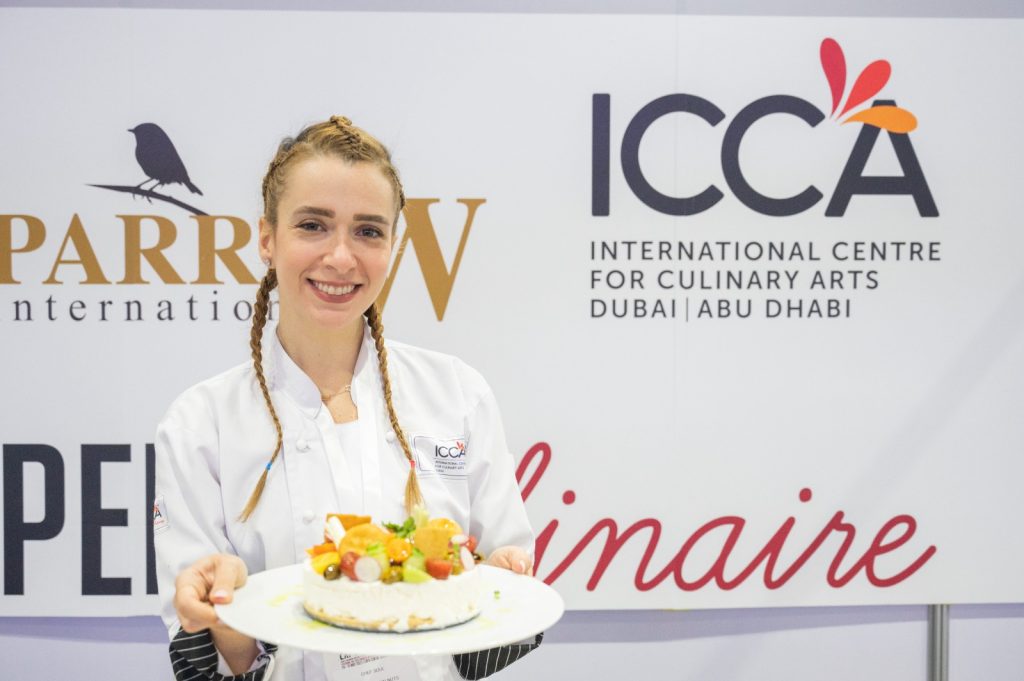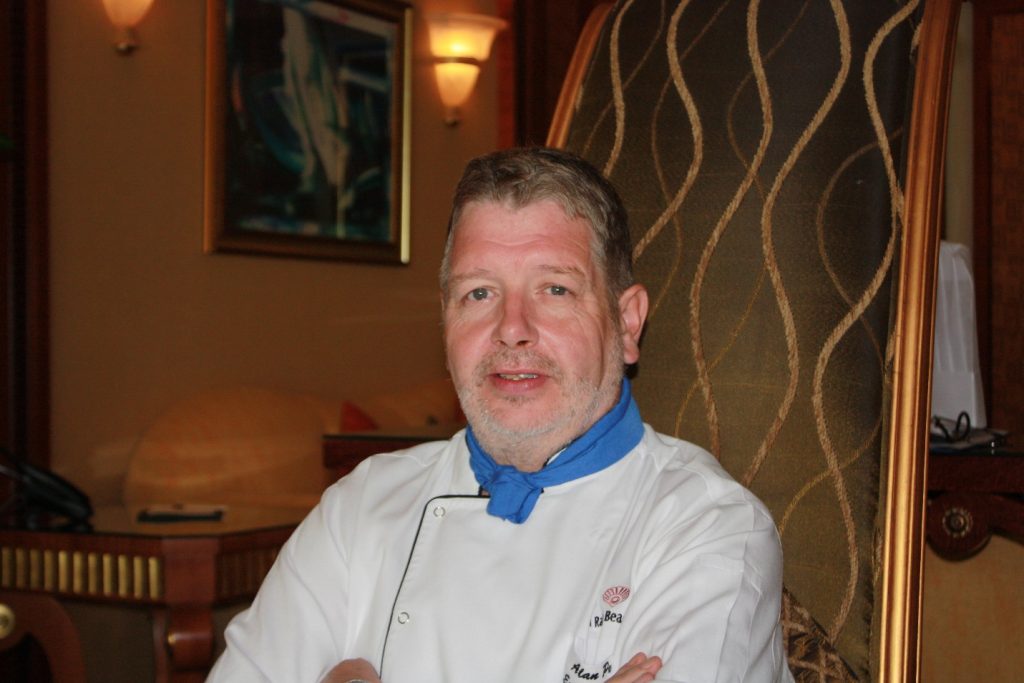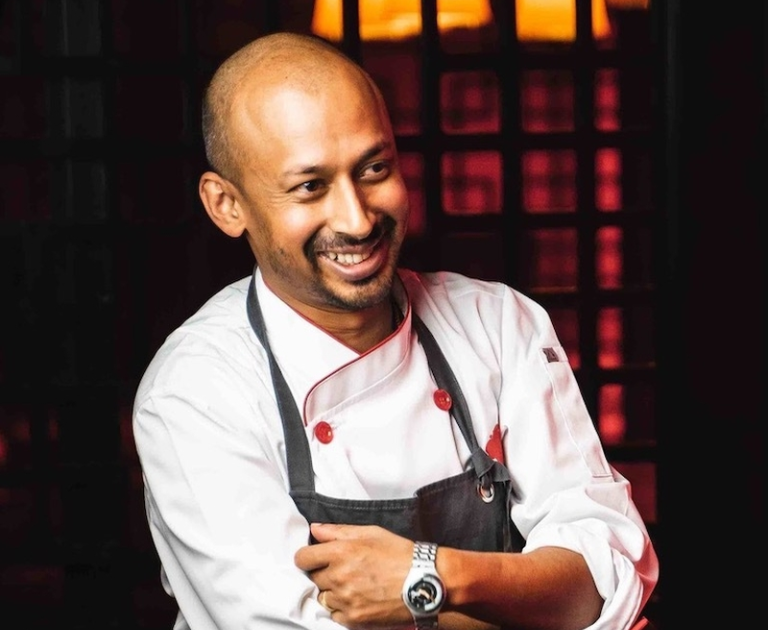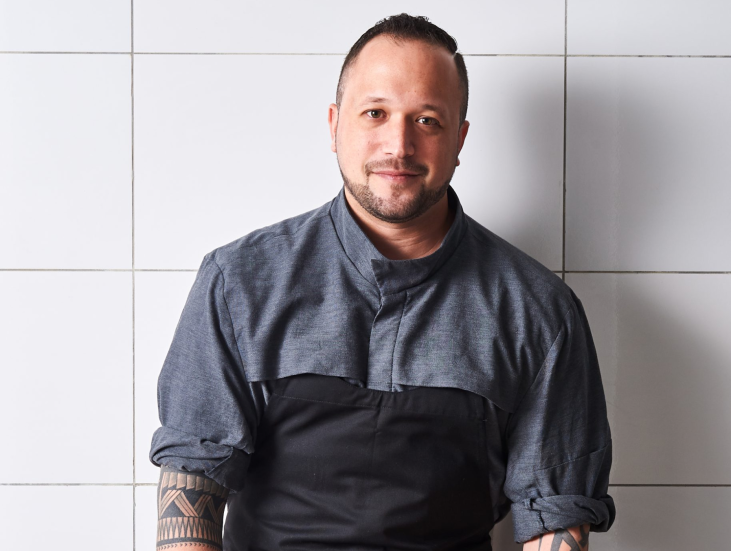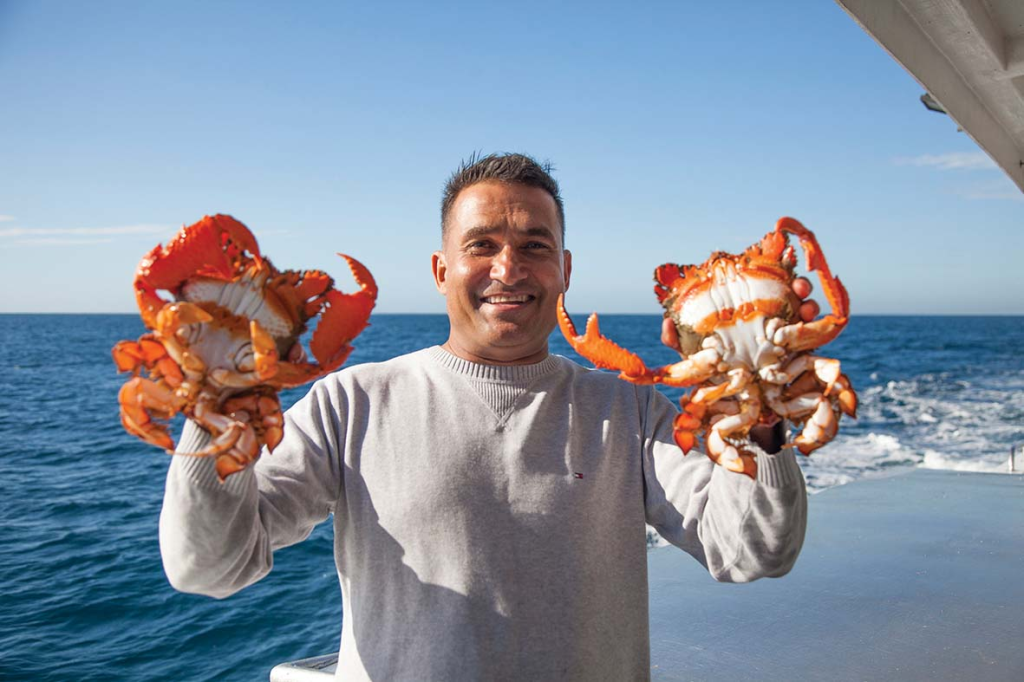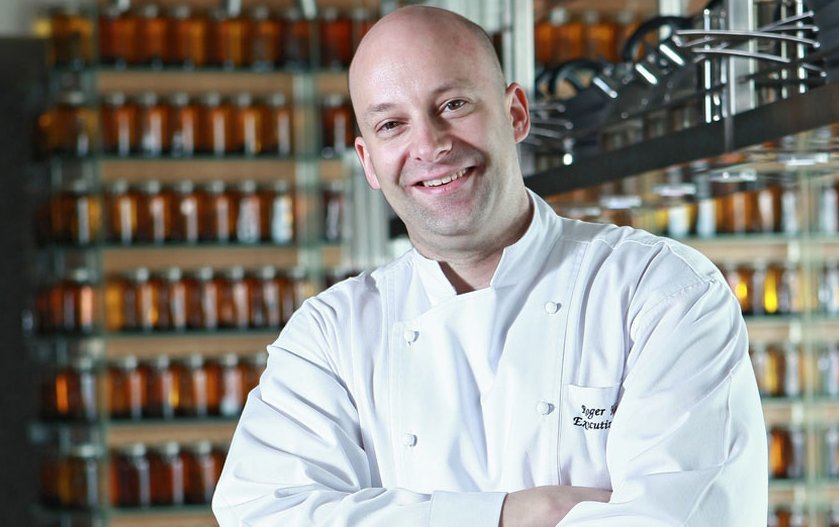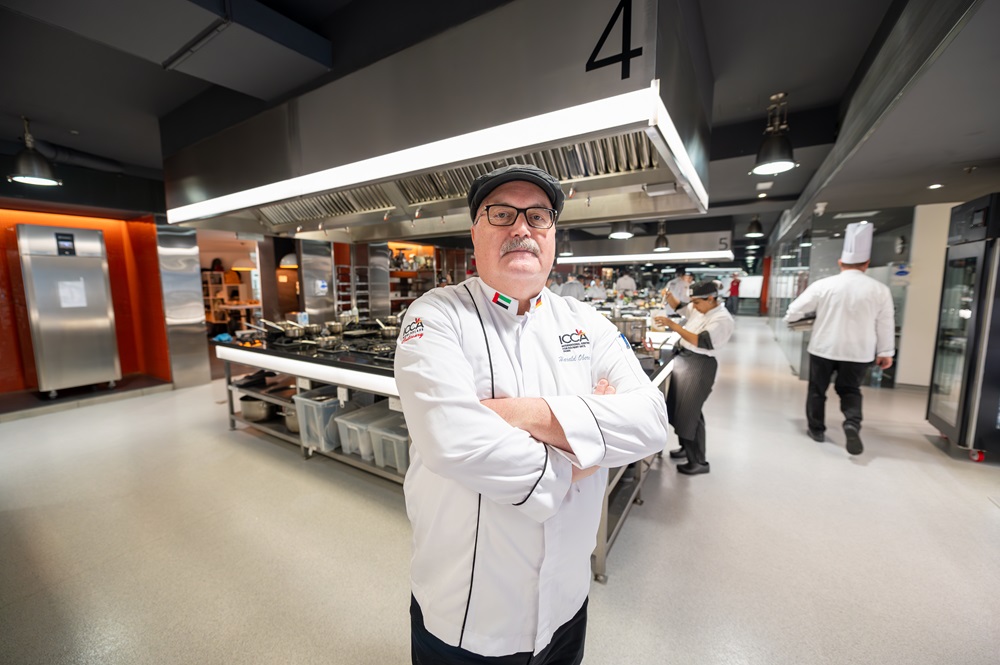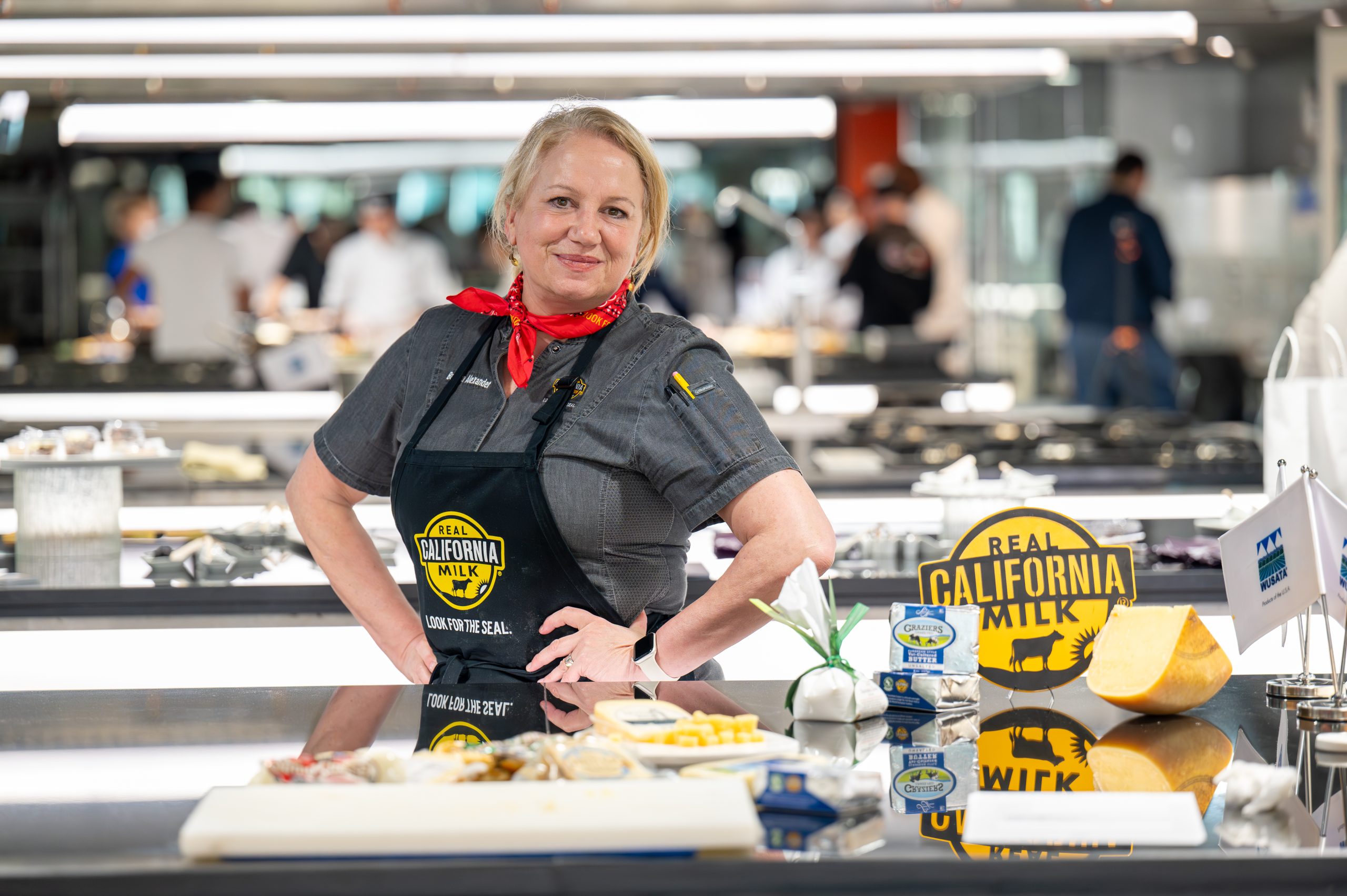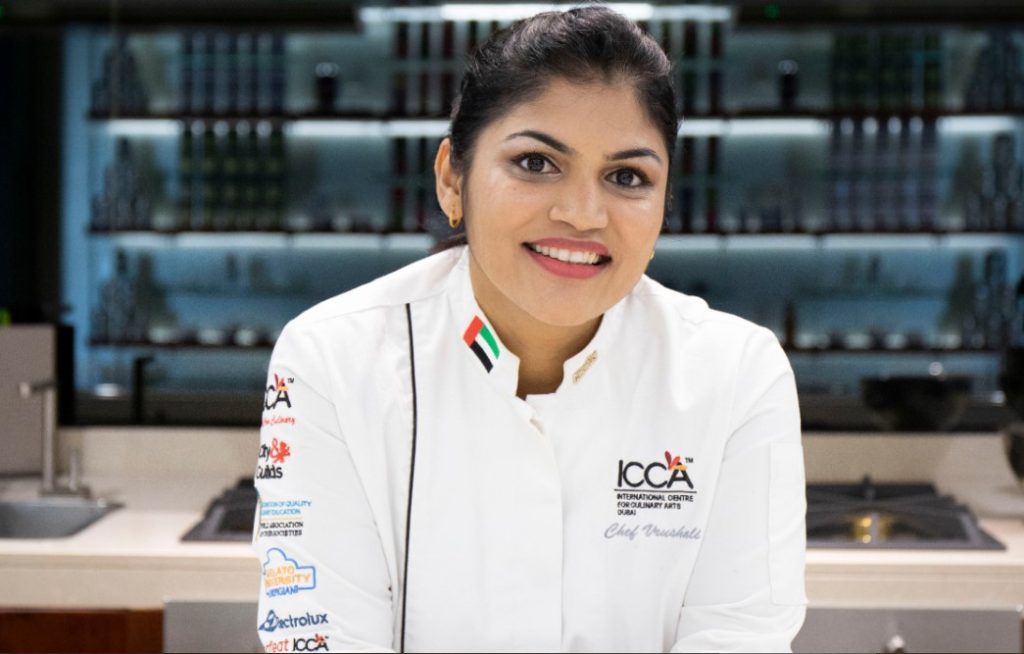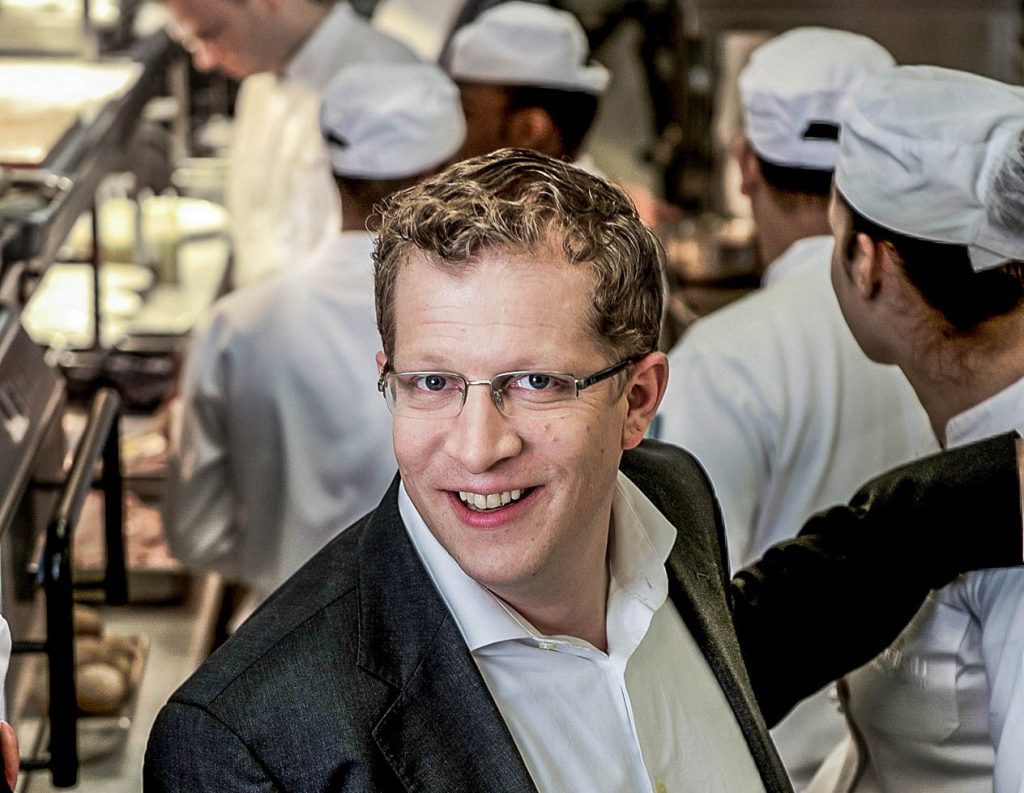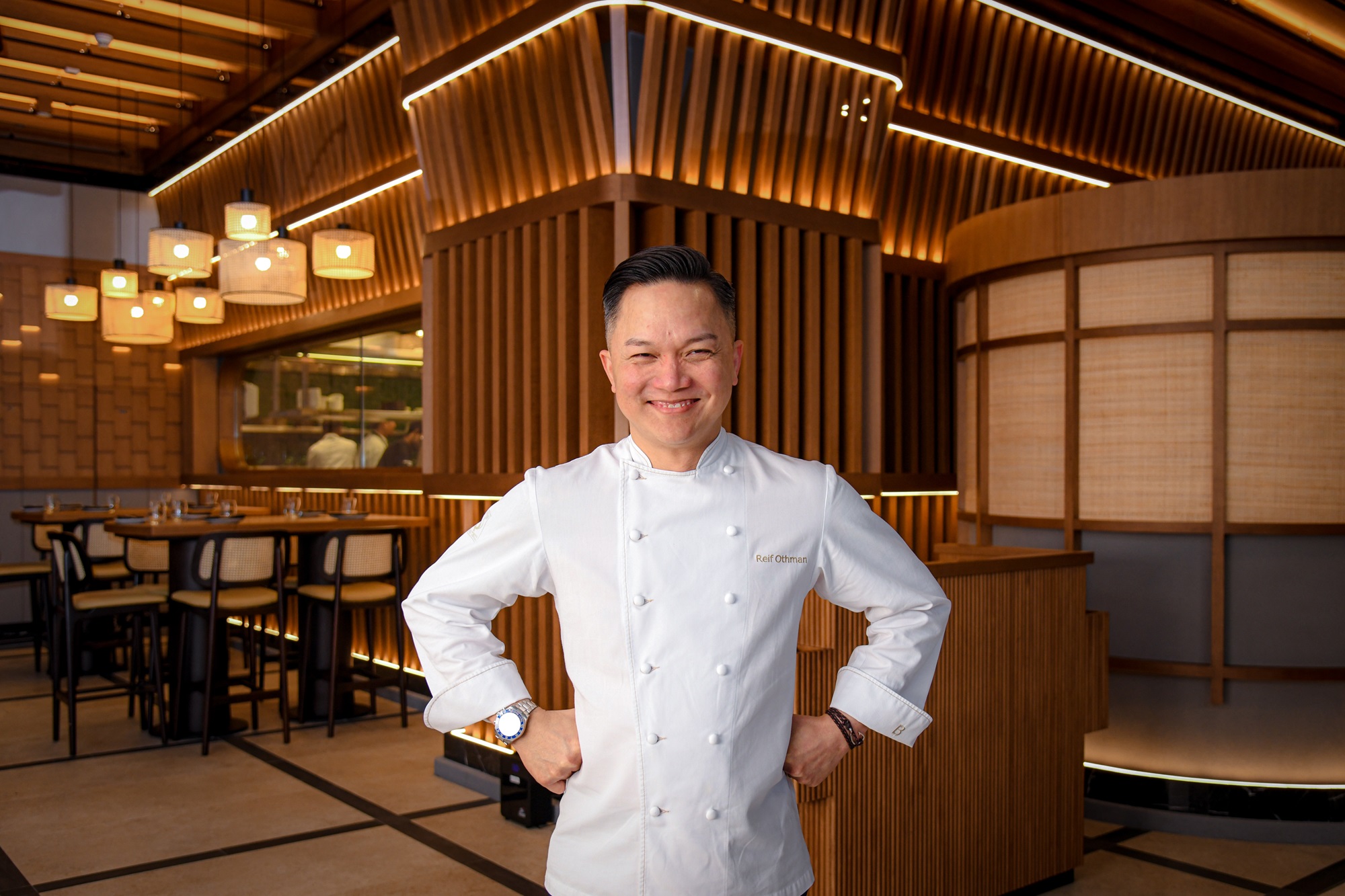With around 25 years of experience in Asia and over 15 years in Europe and the USA, Chef Bruno is still passionately spreading the “French Art de Vivre, across the world, proving that being a real chef is about following the heart rather than a mere recipe.
At 6, when most children dreamt of chasing butterflies or eating chocolate desserts for breakfast, Chef Bruno dreamt of becoming a three-Michelin star chef. Born to a family deeply involved in the hospitality industry, cooking was a passion for him from the very beginning. “With my entire family in the hospitality industry, starting from my grandfather, who was a pastry chef, we are talking of over 100 years in the business — it’s akin to having a legacy. One that I chose to follow, purely out of love and passion,” he says with a glimmer of pride in his eyes.
Even as a toddler, Bruno showed a profound interest in food, often watching his father and grandfather bustling around in the kitchen, whipping up a variety of delicacies. He would toddle around the kitchen tasting every dish. Curiosity, one of the prized qualities of a chef, Bruno had in plenty. And there was no better place than his family kitchen to nurture and hone it. He would spend hours tasting various ingredients and trying to understand the whole spectrum of different flavors and tastes. His family was very encouraging and supportive of his inclination towards cooking; at the age of 6, they presented Bruno with his first Chef’s jacket. An incident whose memory he cherishes even today and holds very dear to his heart. “Thinking of the day I got my first chef’s jacket still gives me goosebumps. I also remember my father teaching me to roll up my sleeves as a proper chef.”
Culinary journey
Bruno’s training ground was his family kitchen. Here, he learned to peel and chop onions, make stocks, and the mother sauces. The comprehensive development of his skills coupled with his innate talent helped him achieve a solid foundation that enabled him to quickly climb the kitchen hierarchy. At the age of 28, he earned the distinction of becoming the youngest chef in France with 17/20 and three “toques” in the Gault Millau Guide. It was Bruno’s magical mix of curiosity, perseverance, diligence, and flawless palate that led him to achieve tremendous success.
Among his foremost career achievements are: In 2002, under his leadership, ”The Dining Room” at the Ritz Carlton Buckhead in Atlanta, Georgia (USA) was conferred 5 stars by the Mobil Travel Guide and 5 diamonds by the AAA (American Automobile Association). Later in 2008, with Bruno at the helm, “L’Osier” in Tokyo (Japan) received 3 stars from the Michelin Guide. This acknowledgment made it one of the nine restaurants in Tokyo to be awarded the highest recognition of 3 stars at the launch of the first edition of Michelin Guide Tokyo.
The importance of culinary education
Whether it is worth it going to a culinary school or not is a long-debated question, but Bruno is undisputed in his opinion. He believes that going to a culinary school can help aspiring chefs build a strong foundation as they learn that there is a military-like precision to every kitchen, starting from the order of titles, the rigid set of rules, regulations, and instructions, one has to follow. He even cites how his early exposure to culinary skills helped him to advance in his career. “I had a basic foundation in place, where I knew how to make a stock or sauces; it helped me in advancing my skills. That is why I keep emphasizing having a good culinary education. Ï appreciate what culinary schools like ICCA offer. Having ability is one thing, but you need training, and you need to develop your skills and understand the philosophy behind cooking which you can only learn at a culinary school.”
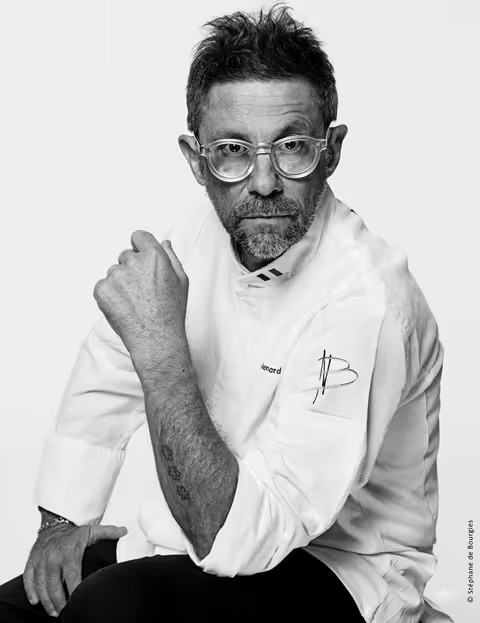
On a parting note, he shared words of wisdom given to him by Charles Barrier, his mentor, and personal culinary God “You are MOF only for one day. But, be the best chef you can be every day.”
Recipe for Success
We are always in the quest of that elusive recipe for success, but not Chef Bruno. Success is not a formula to him, and neither is cooking. For Bruno, cooking is an emotion; it’s a form of communication – a universal language in the kitchen that brings people together no matter where they’re from and what language they speak. And he believes that often people who enjoy cooking also enjoy eating as these are all emotionally interconnected.
Elaborating on the three Michelin stars that he received for ‘L’Osier’ in Tokyo (Japan), he says, “I could not have done it alone. You need the expertise of everyone, their precision and their skills to create a memorable experience for the senses. And I was fortunate that I had the support of an amazing team that I put together. Yes, I did bring my taste and technique to it but it is fruitless without a talented team, and that also includes the dishwasher!” Chef Bruno adds with his trademark sense of humor.

